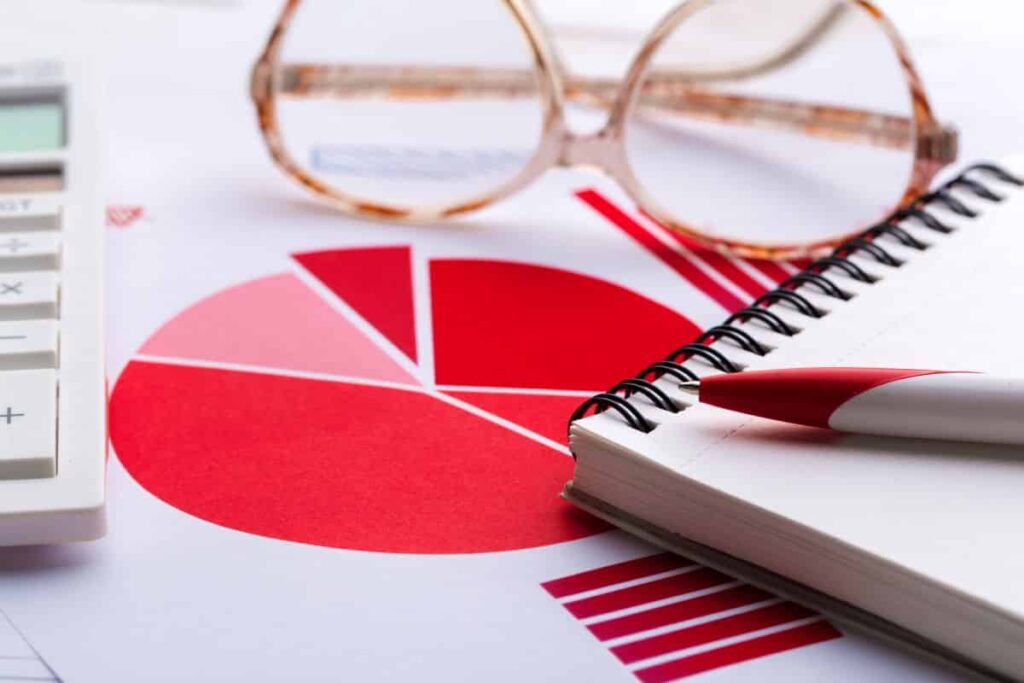
I am going to buy a local small business; what do I need to be aware of?
Buying an established company that has already proven its worth can be less difficult than establishing a new venture from the ground up. An established company already has established brand recognition, a (hopefully satisfied!!) customer base, regular suppliers, and quick cash flow.
Before putting pen to paper, the buyer should ideally have prior experience not just in the sector in which the business is being purchased, but also in the geographic region in which it will be operating. It’s possible that something that does well in one area of Australia can fizzle out in another.
It is not sufficient information to know that the present owner has produced respectable profits over the past three to five years because past performance is not always a reliable indicator of future results.
The enquiry “Why are you selling?” is the first one to which you will need to provide an answer.
An established company already has established brand recognition, a (hopefully satisfied!!) customer base, regular suppliers, and quick cash flow.
The buyer should ideally have prior experience not just in the sector in which the business is being purchased, but also in the geographic region.
Valuing a business is not an exact science, so we advise buyers to base their purchase price on the report provided by your broker.
In addition to the cost of the business appraisals, there are other hidden costs that buyers might not consider when purchasing a business.
When purchasing a company, a buyer has two choices.
How much money is a company really worth? How Do I Determine the Worth of a Company?

You’re likely familiar with the phrase “due diligence” if you’re in the process of purchasing a company through a broker.
A prospective purchaser will have the opportunity to investigate all areas of the company, including its operations, financials, legal and tax compliance, ideally a full client base profile, as well as any physical assets and intellectual property.
However, the process of conducting due diligence prior to the purchase of a small business will rarely provide a buyer with a rock-solid foundation.
This is despite the fact that they may provide enlightening answers to a number of the questions you have about the business.
During the process of due diligence, your accountant will be able to review any financial statements that you provide and will be able to identify any tax risks that are associated with the existing business or entity, as well as a suggested entity structure for you to move forwards with.
Additionally, your accountant will be able to assist you in determining the most effective way to plan your succession for the future.
The process of valuing a company may be exceedingly challenging, and if you have ten different opinions, you will end up with ten different numbers because it is not an exact science.
We advise you to base the price of your purchase on the report provided by your broker; nonetheless, there are a number of things that you will need to take into consideration;
- number of years that the business has been running
- the seller’s situation in all of it
- which stage of the business life cycle is this company currently operating in
- positioning, positioning, positioning
- the stipulations of the rental lease
- the return on investment that you, as a buyer, are hoping to achieve
- market worth of comparable businesses that have been sold within the past few years
Bookkept has, in the past, offered business appraisals, and our company places a significant amount of emphasis on the previous two dot points.
In the end, a business is an investment, and the market value of a business is just the amount that another party is willing to pay for it.
It is possible that the price is unreasonable if a number of comparable small businesses in your suburb have recently been sold for prices that are sixty per cent lower than what the seller is asking for.
When Purchasing a Business, Are There Any Hidden Costs Involved?
In addition to the price that you pay your business broker and any accounting fees that are related to your due diligence or the setting up of the corporate structure, there are a number of costs that a first-time buyer might not consider;
- there may be a stamp duty imposed on the acquisition (generally only on real property purchases)
- there is a possibility that the company is the target of pending legal action.
- there may still be pending claims for the warranty.
- are the present staffing costs comparable to those awarded for the relevant position? it’s possible that Fair Work Australia will oblige you to give your personnel a wage raise on day one of their employment.
- costs linked with payroll tax, WorkCover, and superannuation related to the aforementioned
- it is possible that staff members will resign or become dissatisfied with the new owner.
What Exactly Am I Going to Get If I Buy This?
When purchasing a company, a buyer has two choices: they can purchase simply the company’s assets, which may include goodwill, automobiles, stock, and leases, or they can purchase the complete corporate itself (shares or units or buy into a partnership).
Buying Business Assets
Buying the assets of a business rather than purchasing the trading entity as a whole will protect you from the possibility of any historical tax compliance risks and will also give you the flexibility to launch your company using whichever tax entity structure your accountant deems to be the most suitable for the circumstances.
This can sometimes have a significant future-proofing ability to distribute profits or capital gains, and it will often represent the difference of thousands of dollars in tax liability.
There are additional benefits associated with the level of due diligence that is required, since you will only need to ensure that the operations of the business are sound, as opposed to making sure there were no untrustworthy past owners.
On the other hand, the purchase does come with some drawbacks in terms of the assets.
It is assumed that each asset was purchased on the new purchase date; hence, each asset will need to be depreciated, the Goods and Services Tax (GST) will need to be applied, and each asset will need to be valued in relation to the overall sale price.
Acquiring Ownership of the Existing Company
When you buy an entity, you are purchasing the entire firm, including all of its assets and liabilities, as well as its legal structure, leases, and contracts with any existing suppliers or customers, and any unreported liabilities.
This is also referred to as “walk-in walkout” in other instances.
There are a number of benefits associated with this kind of business sale, the majority of which revolve around the tax implications of the current franking credits and tax losses.
The buyer will also have an easier time dealing with any assets of the business because the owner of the business (the entity) will remain the same, whereas the owner of the entity will have changed.
Contracts with customers and vendors won’t need to be renegotiated either, as a result of this development.
The disadvantages are centred on any prior liabilities that have not been disclosed.
Were wages and superannuation paid in the appropriate manner by the previous owner?
When the former owner was responsible for paying taxes, did they do so accurately? Are there any chances that prior clients could take legal action against the organisation?
I would like to pay the previous owner to work for me, is that possible? Earnout is a term that should be defined

When the owner of a company is considered a “key person,” it is customary for the company to go through a transitional period during which the new owners and the previous owners work together to guarantee a seamless transfer of both customers and business operations.
This is known as an earnout agreement, and it is common practice for a buyer to link this process to the price at which the business will be purchased and require the previous owner to “earn” his price.
Due to the fact that an earnout will be distributed over a period of time that is measured in years, employing an earnout arrangement might result in significant financial benefits.
Both the buyer and the seller benefit from the sale revenues being stretched out over a longer period of time.
This allows the buyer to finance a portion of the purchase, while the seller can reduce the amount of taxes owed on their capital gain.
The most practical use for an earnout plan is to prevent the prior owner from passing on to you a failing business and then fleeing the country with your money.
The management of the company in the future presents a challenge for an earnout plan, which is one of its downsides.
Both the new buyer and the prior owner want ownership of the business because it is tied to the amount of cash they take home.
It is a common cause of legal action, and it can be a difficult situation if the former owners and the new owners do not have a rock-solid agreement about how the business will be governed.
Final Thoughts
Give us a call at the number (03) 8568 3606 if you require assistance with the establishment of an entity or the purchase of a firm, or if you are considering whether or not it is time to switch to an accountant who has experience in the business world.
Bookkept has more than ten years of combined expertise dealing with a wide variety of clients, making it well qualified to serve your company in whatever way it needs.
Bookkeeping and tax preparation are two of our specialities, and we’d be happy to provide a hand in any way we can to ensure the success of your new business.
They can purchase simply the company’s assets, which may include goodwill, automobiles, stock, and leases.
Or they can purchase the complete corporate itself (shares or units or buy into a partnership), including all its assets and liabilities.
The disadvantages are centred on any prior liabilities that have not been disclosed.
Were wages and superannuation paid in the appropriate manner by the previous owner? Are there any chances that prior clients could take legal action against the organisation?
Employing an earnout arrangement might result in significant financial benefits.
The most practical use for an earnout plan is to prevent the prior owner from passing on a failing business and then fleeing the country.
This allows the buyer to finance a portion of the purchase, while the seller can reduce the amount of taxes owed on their capital gain.
